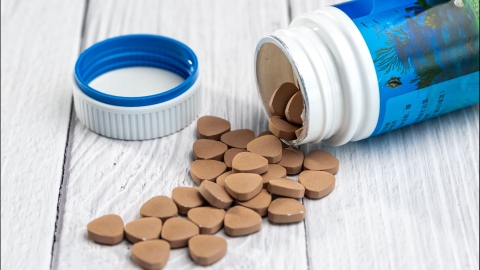Is itchy chest and ribs a sign of calcium deficiency?
Generally, whether itching in the chest and ribs indicates calcium deficiency needs to be comprehensively evaluated based on the patient's specific symptoms, medical history, and relevant examination results. If discomfort occurs, it is recommended to seek timely consultation and treatment at a reputable hospital. Detailed analysis is as follows:

If the itching in the chest and ribs is accompanied by muscle cramps, bone pain, fatigue, loose teeth, and other symptoms, and the patient has a long-term insufficient calcium intake, lack of sunlight exposure, or poor gastrointestinal absorption, and related tests show blood calcium levels below the normal range, it may indicate calcium deficiency.
If the itching in the chest and ribs is only localized skin itching without symptoms such as bone pain or muscle cramps, and the patient maintains a balanced diet, receives sufficient sunlight exposure, and serum calcium tests are normal, with concurrent symptoms like redness or rashes on the skin of the chest and ribs area, it usually isn't caused by calcium deficiency. This situation is more likely related to skin diseases, local nerve sensory abnormalities, clothing friction, or other stimulating factors, requiring further evaluation based on skin condition and other accompanying symptoms.
When experiencing itching in the chest and ribs, avoid scratching frequently to prevent skin damage and potential infection. If calcium deficiency is suspected, consider increasing dietary intake of calcium-rich foods such as milk and soy products, while ensuring adequate sun exposure to promote calcium absorption.





